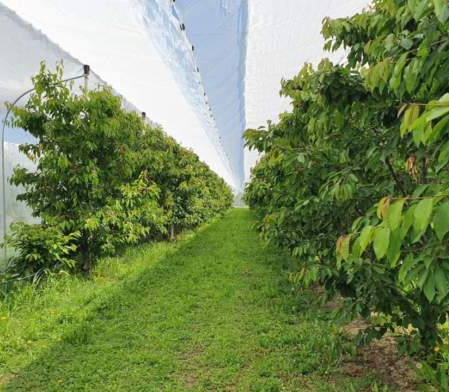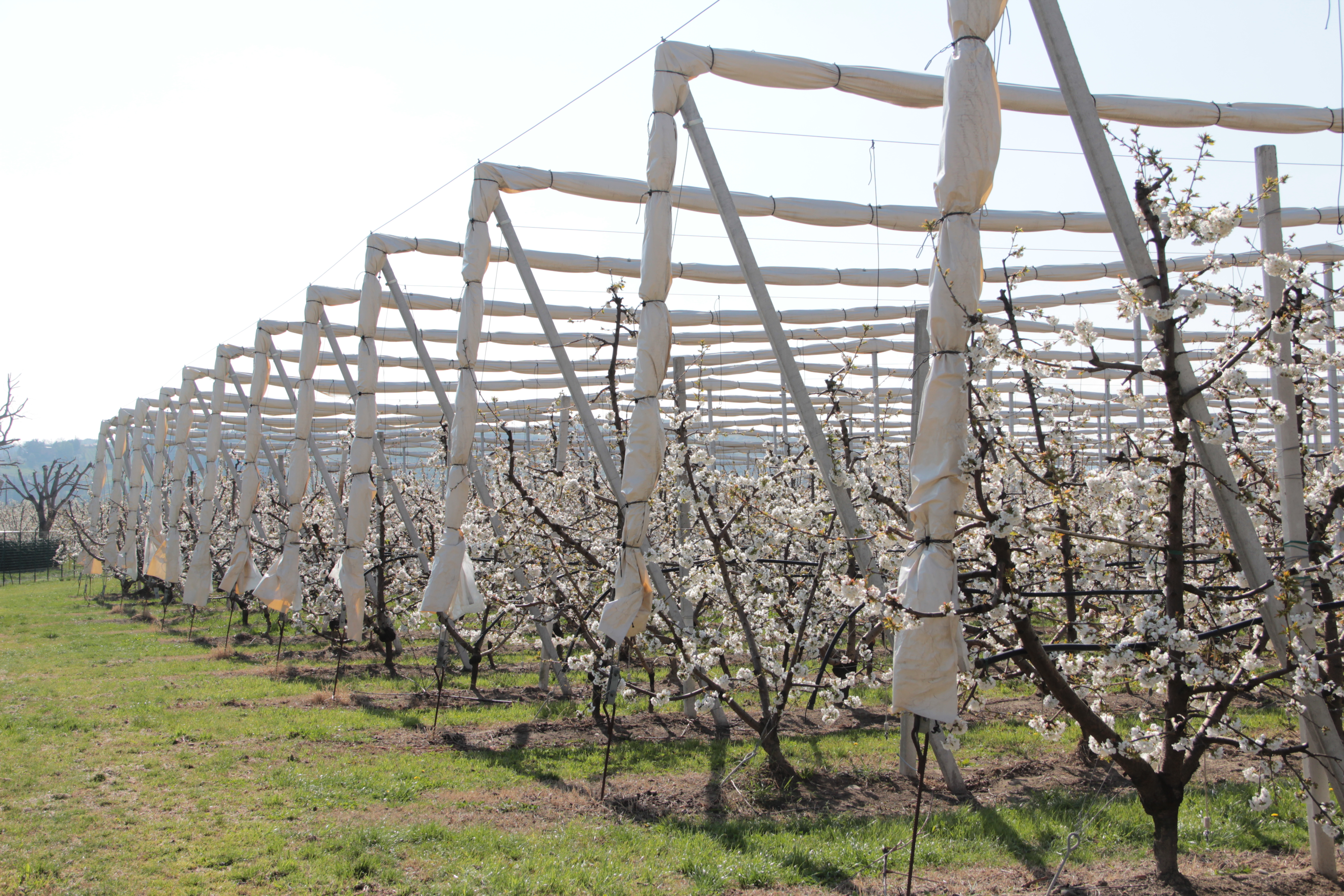Monilinia spp. is the micro-organism responsible for the disease known as stone fruit brown rot, which can cause considerable economic losses. Until now, the most common way of dealing with crop diseases has been the extensive use of synthetic chemical pesticides, which pose a risk to both human health and the environment.
Although these substances have high antimicrobial power, their use is becoming increasingly restricted due to European regulations, which has led to the need to look for new, equally effective solutions for disease control. One such option is biocontrol, which uses antagonistic agents or metabolites generated by them to block the spread of unwanted organisms.
For example, the genus Bacillus is characterised by its remarkable ability to produce spores, stimulate plant growth and generate antifungal effects through the synthesis and release of various secondary metabolites. The aim of the research conducted at the University of Zaragoza (Spain) was to analyse the impact of pre- and post-harvest application of Bacillus velezensis BUZ-14 as an alternative to tebuconazole to combat the growth of Monilinia spp. on Brooks cherries.
The study was conducted in a 4.1 ha cherry orchard of the Brooks variety, located in the town of Albalate de Cinca, Spain. The cherry orchard had a planting system of 4 m x 2 m and a branched-axis training system. Irrigation was made by over-canopy sprinklers and lasted 11 days in the pre-harvest period and 22 days after harvest.
To analyse the effectiveness of pre-harvest treatments on disease control during post-harvest storage of the cherries, a shelf-life study was conducted for 10 days under refrigerated conditions at 1ºC, followed by a 2-day marketing simulation period at 20ºC. During this study, the presence of fungal diseases and the marketable quality of the fruit was assessed both at the time of release from refrigeration and after the marketing simulation period.
At the beginning of the shelf-life study, all batches were disinfected with a sodium hypochlorite solution (100 ppm) at a temperature of 4°C. This cleaning procedure was performed with a cleaning machine. The fruits were then stored for 10 days at a temperature of 1°C and a relative humidity of 98%.
After 10 days of cold storage, it was observed that the group of cherries treated with synthetic fungicide (tebuconazole) in the field showed a higher rate of rotting, reaching 16% of the total, compared to the group treated with the agent BUZ-14, which showed an infection rate of 3.5%.
The biological formulation containing the control agent BUZ-14 can stimulate the natural defence system of the plant and its fruit. This is also demonstrated by the increase in the concentration of total phenolic compounds and peroxidase enzyme activity observed in the treated samples. Furthermore, it was noted that fruits treated with BUZ-14 retained their physico-chemical quality more effectively, maintaining significant attributes such as flesh firmness at high levels.
Source: Desafíos en maduracíon y postcosecha de frutos y hortalizas (Madrid 2024)
Image: SL Fruit Service
Melissa Venturi
University of Bologna (IT)
Cherry Times - All rights reserved










